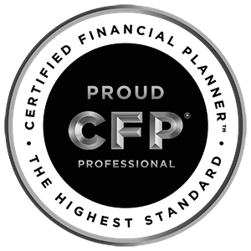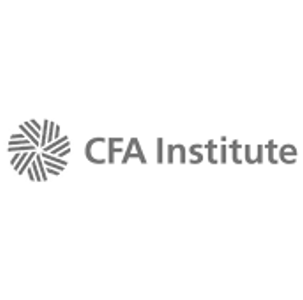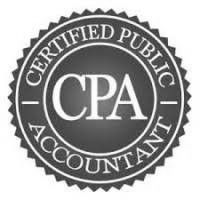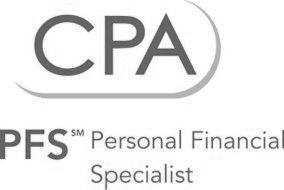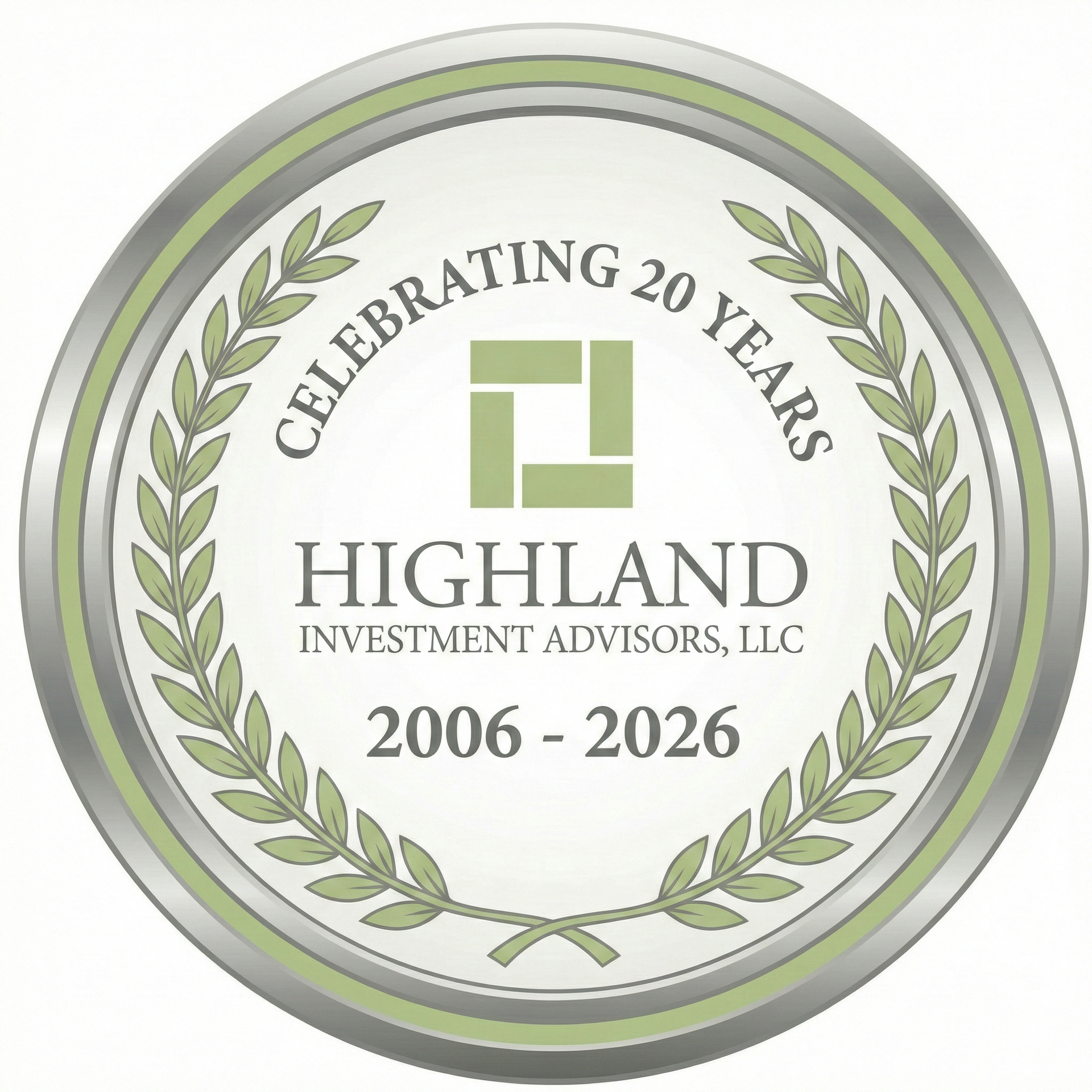
You Deserve
Read our Blog
Updates from Our Desk to Yours

POSITION : Financial Advisor LOCATION : Brookfield, Wisconsin DESCRIPTION : At Highland Investment Advisors, we are seeking a financial advisor who is ready to step into meaningful responsibility and long-term opportunity. This role is structured as a transition of an existing client base over the next two to three years, alongside expectations of proactive new business development. The ability to thoughtfully serve and adapt to an established client base is essential. The ideal candidate brings 2–5+ years of experience in a financial advisory role, with demonstrated success serving mass affluent and high-net-worth clients. This position emphasizes developing comprehensive financial plans and clearly articulating investment strategy and portfolio construction. This is a full-time, primarily on-site role, with flexibility for remote work as appropriate. QUALIFICATIONS : -Demonstrated reputation for integrity, sound judgment, and fiduciary responsibility. -Genuine commitment to helping clients achieve meaningful life and financial outcomes. -Series 65 license in good standing. -CFP® designation or significant progress toward completion. -The ability to cultivate long-term client relationships. -An existing book of business is highly desirable. About Highland Investment Advisors : Highland is a partner for individuals and independent financial advisors. We provide fee-only wealth management guidance grounded in a deep understanding of each client’s situation and goals. Clients benefit from sophisticated investment and financial planning expertise delivered with personalized service from an independent firm. Our offices are located in Brookfield, Wisconsin, and Ponte Vedra, Florida. At Highland, we value accountability, continual improvement, and entrepreneurial thinking, while treating one another with respect, clarity, and empathy. Results matter, and so does quality of life. If interested, please send a cover letter and resume to adrake@highlandinvestmentadvisors.com




